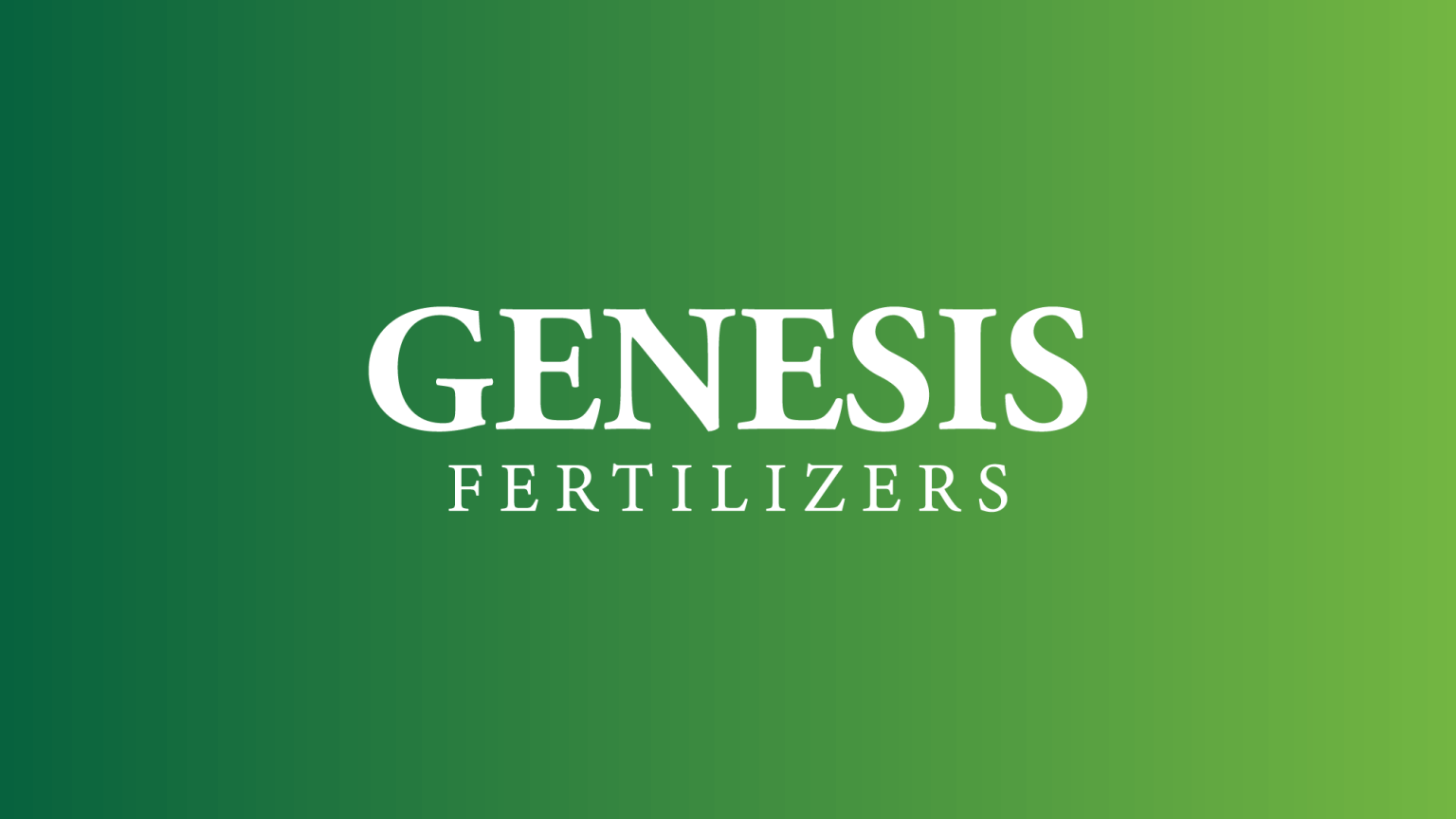It’s no secret, the cost, supply and distribution market of fertilizer for Western Canadian farmers is like being on a rollercoaster ride – without the exhilarating feelings.
“The fertilizer market is tied to global supply and demand dynamics, while political and geopolitical factors have added to the complexity of the situation in recent years. At the same time, strong crop prices boosted fertilizer demand that created a gap between global demand and supply. Global supplies currently continue to face a number of challenges, with Europe reducing nitrogen fertilizer production due to high natural gas prices and China restricting exports to secure supply and lower domestic prices,” Azam Nikzad, market analyst/coordinating researcher with the Alberta government ( Alberta Government’s Agri-News issue February 2024).
The Canadian fertilizer supply market can be quite costly for Western Canadian farmers due to several factors.
Global Market Prices
Fertilizer prices are heavily influenced by global market conditions. Factors such as geopolitical tensions, natural disasters, and shifts in supply and demand can cause significant price volatility. For example, disruptions in major producing regions or changes in export policies can lead to price spikes.
Input Costs
The production of fertilizers, particularly nitrogen-based fertilizers, requires substantial energy inputs, primarily natural gas. Fluctuations in energy prices directly impact the cost of fertilizer production, which in turn affects the prices farmers pay.
Transportation Costs
Western Canada’s geographical location means that transportation costs are a significant component of the final price of fertilizers. Shipping fertilizers from production facilities or import terminals to rural farming areas involves substantial logistical expenses.
Currency Exchange Rates
The value of the Canadian dollar against other currencies (especially the U.S. dollar) can affect the cost of imported fertilizers. A weaker Canadian dollar makes imports more expensive, increasing costs for farmers.
Regulatory and Environmental Factors
Compliance with environmental regulations can add to production costs. Additionally, initiatives aimed at reducing greenhouse gas emissions may affect the fertilizer industry, potentially leading to higher prices.
Market Concentration
The fertilizer market in Canada is dominated by a few large companies, such as CF Industries, Nutrien and Yara. Limited competition can lead to less pricing flexibility for farmers.
Despite these cost pressures, farmers rely heavily on fertilizers to maintain crop yields and productivity, making it a significant but necessary expense in their overall production costs. The high cost of fertilizers can affect profit margins, especially in years when crop prices are low. Farmers may seek to mitigate these costs through various strategies, such as optimizing fertilizer use with precision agriculture techniques, participating in cooperative buying groups, and exploring alternative nutrient sources.










